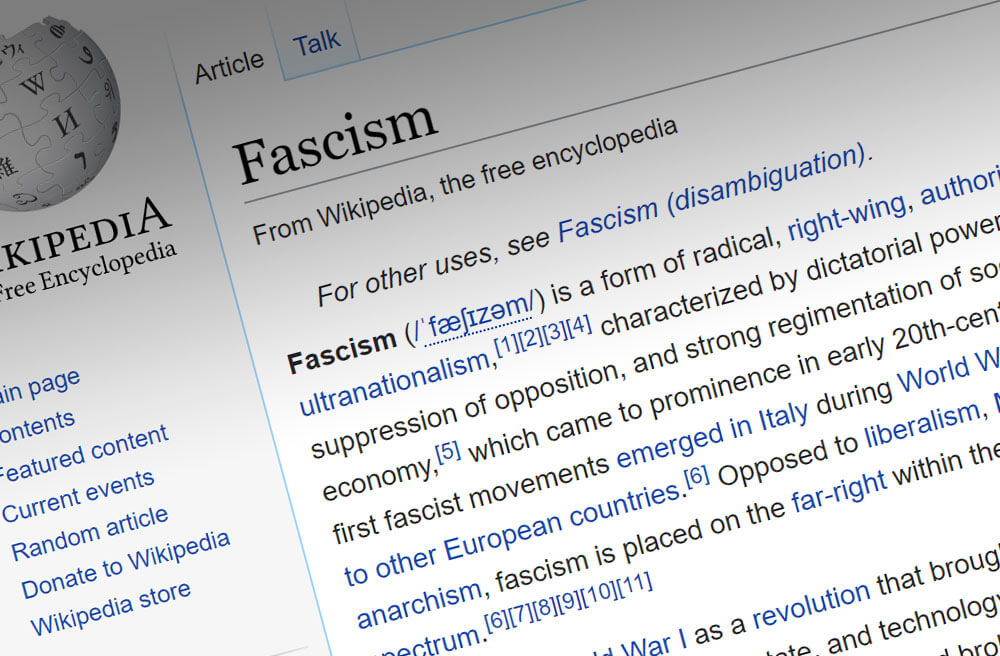We, as Americans, cherish the freedom and right to disagree—which we do, often deeply about important issues that need resolution. But polarization undermines that freedom by tightening prejudices rather than opening thought, thus diminishing the chances for finding resolutions and moving forward. So while polarization may feel like a righteous champion of freedom and right, it is in fact just the opposite—a stick jammed in the spokes of the democratic discourse of freedom. Here are some of the common ways it does it:
- SEDUCES with loaded, heated language and childish name-calling that appeals more to emotion that reason.
- BLINKERS by using cherry-picked facts, and ignoring or mocking opposing arguments and evidence rather than actually addressing them.
- TRIVIALIZES by focusing on “straw-man” issues whose value in re-enforcing biases is clearly greater than their substance.
- BULLIES by making you feel like a dupe or a traitor if you even listen to the other side.
- FLATTERS with language and a tone that makes you feel like an insider, who, of course, agrees with them because you “get it” … just like they do.
- FRIGHTENS by portraying the other side as not just wrong, but a dangerous, evil enemy, replete with wicked hidden agendas.
- “CLANS,” that is, plays the “us vs. them” identity politics game of associating the other view with groups or people (implicitly) “inferior” to “us.”
- “TRIBES” by using the knowing winks and nods of sarcasm, coded language, words in quotes (suggesting they’re misleading) and innuendo which you, as a member of the tribe, of course, will understand without explanation or justification.
This week…it’s fascism to the right of me…fascism to the left of me…stuck in the middle with you. (With apologies to the one-hit wonder band Stealers Wheel). Hardly a day goes by without fingers from the right and fingers from the left pointing to FASCISM.
How did accusations of fascism get to fashionable? The key, ironically, is that fascism is one of the few points all sides agree on: It’s bad. So it becomes a very useful political football, both to accuse the other side of being it…and as an opportunity to employ the deflating jiu-jitus technique of mocking the other side of accusing you of being it. It needs no explaining. It just needs identifying. Ha! Gotcha! Fascist! And you call me a fascist??? You’ve got to be kidding!!!!
And more seriously, it serves as useful reminder that, apart from the damage polarization does to the essential democratic instrument of discourse and compromise, it also dulls our critical thinking about important issues. We’ve been through this before. The Red Scare of the 40s and 50s became such a political hyper-farce that reaction and overreaction from both sides of the “argument” caused clear, rational thinking—and policy—about the actual global threat of totalitarianism to take second place to protecting your ideological flank: Politicians had to bend over backwards to show their base (and their opposition) that they weren’t “soft on Communism”…or a “fascist pig.” With the Vietnam and Kent State as just two examples of the tragic, ugly results. What a glorious victory for polarization.
It’s hard to make the case when looking around the world that the threat of fascism is not serious and real. So we should be serious and realistic about it. And that means untangling the polarizer’s finger pointing, feints and fakes and thinking clearly and rationally about what, who and where that threat really is. Regardless of what “side” it’s on.
When reading these examples, check the above list and ask yourself: regardless of whether you agree or disagree, is this really advancing an intelligent resolution through the persuasive, rational arguments of advocacy…or simply fueling the fire of conflict through the divisive, emotional manipulations of polarization?
Here are a few blue and red polarizing headlines from the past week.
Blue headlines
Rosanna Arquette: I Feel Terrorized Living Under a Fascist Regime
Fascism is still fascist, and so are Donald Trump and Stephen Miller
South Carolina Has A 2020 Role To Play Beyond Just Delivering 9 Electoral College Votes For Fascism
Traits Consistent with Fascism Falsely Inflate Trump Support
Fascism Is on the March. We Need Radical Education to Fight Back.
Red Headlines
NY Times Columnist Tom Friedman Goes ‘Full Fascist’? Says High Border Wall Needed
LIBERALS ENRAGED AS THE BBC ‘GIVES A PLATFORM’ TO ‘FASCIST’ BEN SHAPIRO.
CAMPUS FASCISM: Cal Poly students call for Chick-fil-A ban; compare chicken chain to porn, Hooters….
CAMPUS FASCISM, DISGUISED AS ANTI-FASCISM: EXCLUSIVE VIDEO: ‘Build the Wall’ banner ‘ripped’ down, …
‘Get over It’: Bret Easton Ellis Unloads on the Left’s ‘Childlike Fascism’ that Got Trump Elected





2 thoughts on “Hardly a day goes by without fingers from the right and fingers from the left pointing to FASCISM.”
Greg,
I am not sure what approach you are suggesting that your readers take to deal with the polarizing headlines. It seems to me that there are a number of approaches, all ineffective:
1. Ignore both sides because they are being immature (ignorant, foolish, righteous, etc.).
2. Get involved in trying to resolve the differences of opinion by moderating a middle ground – the Braver Angels approach?
3. Be passionately opposed to both sides because the are being immature. In other words, be radically opposed to both sides.
4. Be passionately objective and create a “third way”.
5. Be passionately objective, create a third way, and then be passionate (fascist) about making the third way the right way.
Great point. Inherent in your questions is the problem polarization fosters: It prompts you to think binarily— right or left, wrong or right, good or bad. The real world is more complex than that. So, my thoughts:
1. Don’t “ignore both sides.” Forget “sides.” Listen openly to and weigh the arguments of all sides, filtering out all the polarizing emotional hooks and irrelevancies (often signaled by the red flags of “charged” word choice that tells you what you should think…or implicitly congratulates for agreeing), and judge accordingly. (Often you discover there is no argument – just accusation.)
2. Don’t “moderate for a middle ground,” (ala Solomon’s baby), but judge the arguments for the best ground, regardless of the ideological frame. (Judge the argument, not the arguer).
3. Don’t be “passionately opposed to either side”. Be passionately opposed to faulty, weak, irrelevant, unsubstantiated arguments, again filtering out the coded language, emotional triggers and homonym attacks.
4. But do be “passionately objective.” Being passionate does not mean being fascistic. Reasonable deliberative argument is the opposite of fascism, not dispassion. Close mindedness and unreason are the enemies of freedom, not dispassion.
How is this being effective? Think of it this way. As citizens we each are the foot-soldiers of democracy. Our duty is to take that job seriously, and that means being attentive, thoughtful, analytical listeners rather than passive, emotional, lovesick fanboys—to be reasonable, objective jurists not emotional, prejudging lynch mobbers. Few of us can make speeches, write op-eds or even argue at the breakfast table very effectively. But each of us can think, be attentive to when we are being seduced and conned, decide what’s valid, reject what’s not, and vote accordingly—both for the candidates we choose and the new sources we consume. Polarizers exist and thrive because instead of doing our jobs as citizens, we lazily succumb to their flattery, drink their cool-aid and, like deluded, self-destructive addicts, feel good about it…and only want more of the same. Rejecting that poison and doing our job as citizens is, to me, being effective.